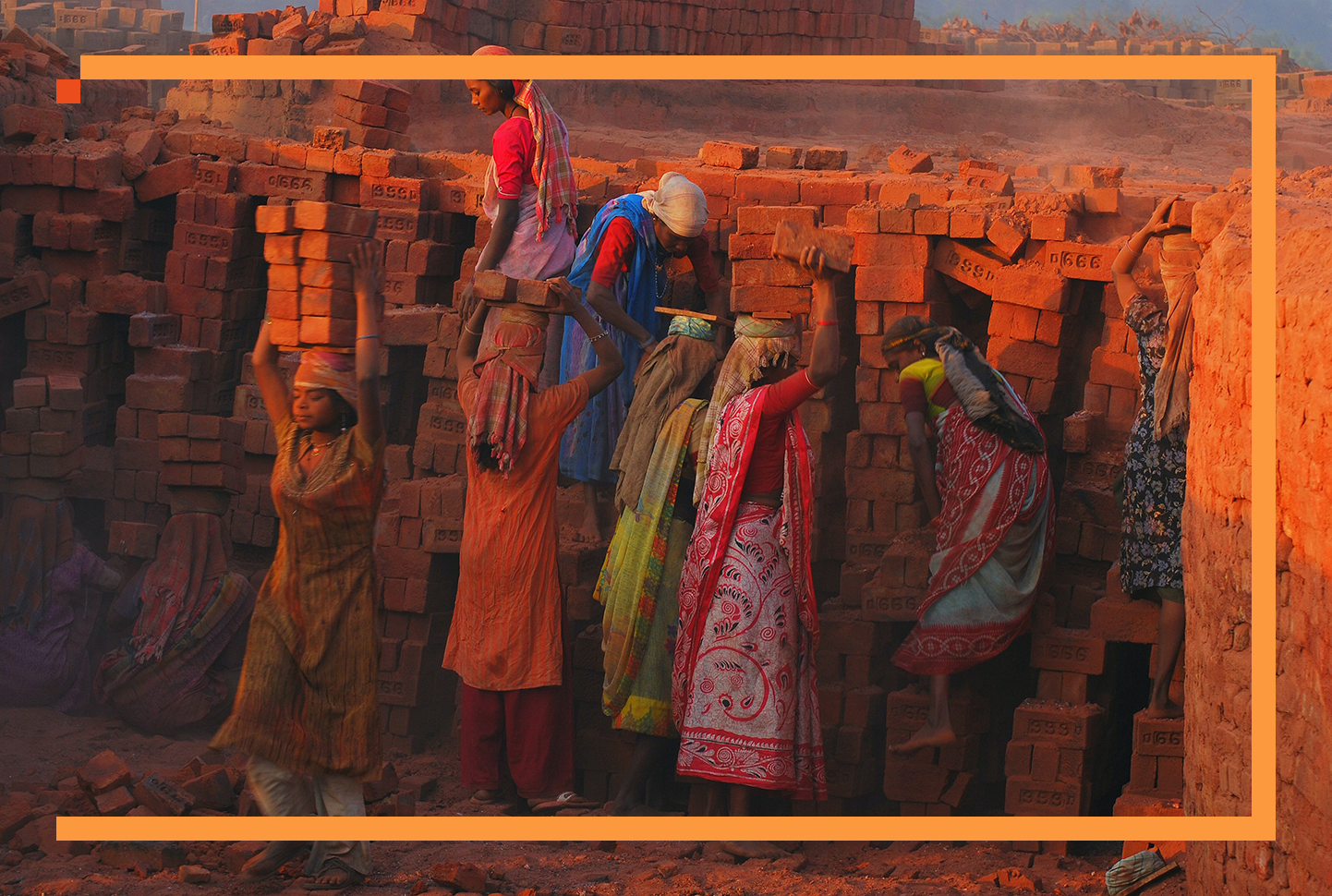The Global Commission has ensured that lived experience of modern slavery and human trafficking is central to its work.

The Global Commission is unique for three reasons:
The Global Commission
will have unparalleled
influence and focus on
high-level political
leadership.
What distinguishes the Commission from other vital initiatives is the Commission’s focus on leveraging high-level political leadership to reverse the recent alarming increase in modern slavery and human trafficking, including through the development and mobilisation of high-quality research.
As many key stakeholders said during the Scoping Study, what is missing in the international modern slavery landscape is a body with the political stature and authority to drive the issue back up the global agenda. The Global Commission is composed of CEOs, former world leaders, high-profile individuals at the top of their field. The Commissioners will have the influence and expertise to accelerate the excellent work being done by several existing organisations to propel the issue back to the top of the political agenda of countries around the world.
The Global Commission
places people with lived
experience at the centre.
The Global Commission has ensured that lived experience of modern slavery and human trafficking is central to its work. The design of the Commission, its governance structures and the way in which it carries out its mandate embeds lived experience in all aspects of its work.
People with lived experience are represented at every level of the Commission, including at Commissioner level. In addition to representation on the Commission and its governance bodies, a Panel of Advisers with Lived Experience will inform and help to plan the Commission’s work and there will be clear targets for measuring how effectively lived experience is embedded in the work of the Commission.
The Global Commission
addresses modern
slavery alongside other
great global challenges
of our time.
Modern slavery and human trafficking cannot be viewed in a vacuum: the risk of modern slavery and human trafficking is exacerbated by gender-related vulnerabilities, climate change impacts and conflict.
For that reason, the Global Commission will take a truly intersectional response to modern slavery: working to ensure that the governments embed modern slavery responses in their humanitarian responses, including by providing training for humanitarian actors and by ensuring that human rights, including freedom from forced labour, are embedded in efforts to build a green economy to respond to the climate crisis.
